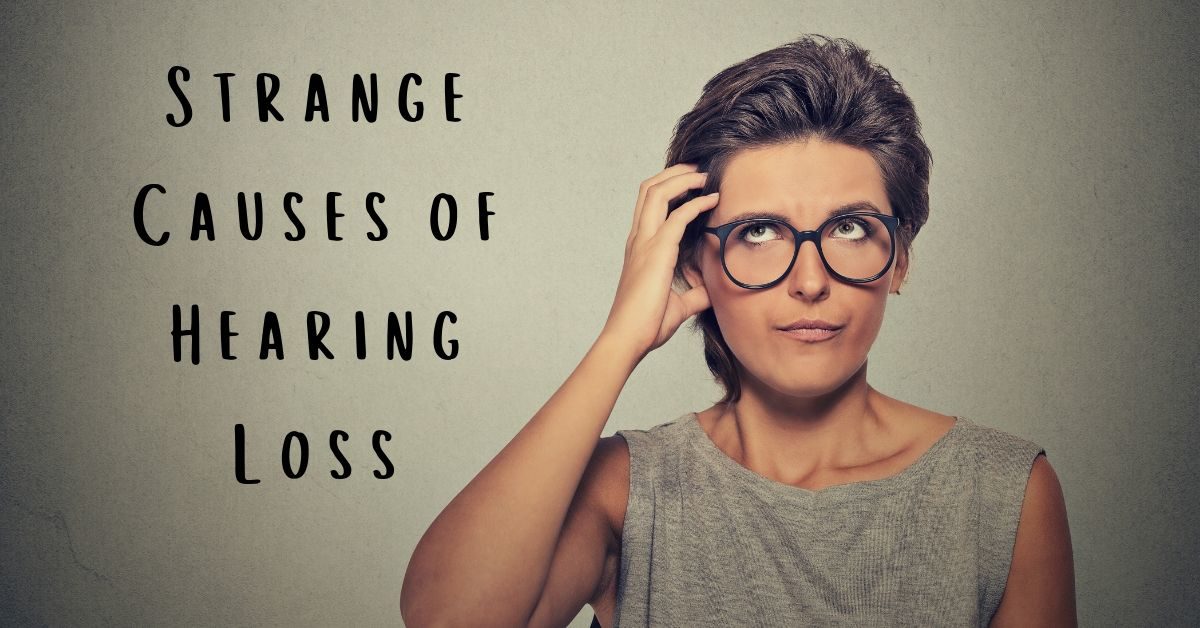Hearing loss can take place for a number of reasons. Many people incur hearing loss as part of the natural process of growing older. Without the ability to “blink” our ears, they are inundated with sound from birth through death. These remarkable organs are sensitive to an astonishing range of sound, and it is incredible that they function as acutely as they do. What a remarkable function of the human body!
The fact that they gradually wear out over the lifespan is no surprise at all. In addition to the natural process of deterioration that may occur, many people experience noise-induced hearing loss. Though the numbers are imprecise, it is estimated that between 10 and 40 million American adults under the age of 70 have some form of noise-induced hearing loss.
Noise Induced Hearing Loss
This type of hearing loss is due to one of two types of noise exposure. Those who hear a sudden and incredibly loud sound may have hearing loss of this kind, such as experiencing an explosion. The much more common form of noise-induced hearing loss comes from sustained exposure to relatively loud sounds, at or above the level of 85 decibels. For instance, those who work in loud industrial sites or who use headphones at a loud level for long periods of time are both susceptible to this kind of hearing loss.
In addition to these common forms of hearing loss, you might be surprised to learn about some strange reasons people can lose hearing ability. Though it is quite likely to have hearing loss through the aging process or through sustained exposure to noise, these unlikely causes are possible indeed. Protecting your hearing from noise exposure is the most important step you can take, but there might be things you can do to avoid some of these other causes, as well.
Overlooked Causes of Hearing Loss
Hypertension: High blood pressure has been linked to hearing loss among people between the ages of 45 and 64. Why, you might ask? Researchers hypothesize that higher blood pressure may speed up the natural process of hearing loss that occurs with aging. By placing higher pressure on the sensitive organs of the inner ear from the inside, they might be causing the same damage that sound pressure can cause from the outside in terms of noise.
Measles: Although the condition is quite rare with the use of modern vaccinations, measles can cause hearing loss due to ear infections that occur in about one in ten cases of the measles.
Chemotherapy: Many forms of chemotherapy use platinum-based drugs, and while these harsh chemicals can eradicate cancer cells from the body, they can also have other lasting side effects. It is estimated that 61% of people who use platinum-based drugs in their chemotherapy have some form of lasting hearing loss as a result.
Diabetes: Hearing loss is as much as twice as common among those with diabetes as in the general population. Though the specific cause is unknown, 40 percent of diabetes patients and 10 percent of people with pre-diabetes report some form of hearing loss.
Smoking: Smokers are as much as 70 percent more likely to have hearing loss than non-smokers, and those who are exposed to second-hand smoke are at a higher risk, as well. The chemicals in cigarette smoke, including in some cases formaldehyde, arsenic, and hydrogen cyanide, can be quite damaging to the sensitive cells of the inner ear.
Shingles: Although shingles is a disease most evident in the skin, it is a complex condition. One of the conditions related to shingles is called Ramsay Hunt syndrome, which can cause severe hearing loss in the affected ear. Immediate treatment may be able to prevent the hearing loss from becoming severe.
Airbags: Perhaps the strangest common cause of hearing loss is the use of airbags in cars. Although they can be life-saving devices in the event of an accident, they also emit a very loud sound when they are deployed. You might wonder if the sound of the crash is responsible for hearing loss, but a study in Japan detected noise levels specifically from the deployment of airbags that reached 20 percent higher than the decibel level necessary to cause hearing loss under normal conditions.
Pacific Hearing Care
Have you experienced changes in your hearing? Are you struggling to make sense of conversation and environmental sounds? It could be a hearing loss. Contact us at Pacific Hearing Care to schedule a hearing exam and get on the way to better hearing.

